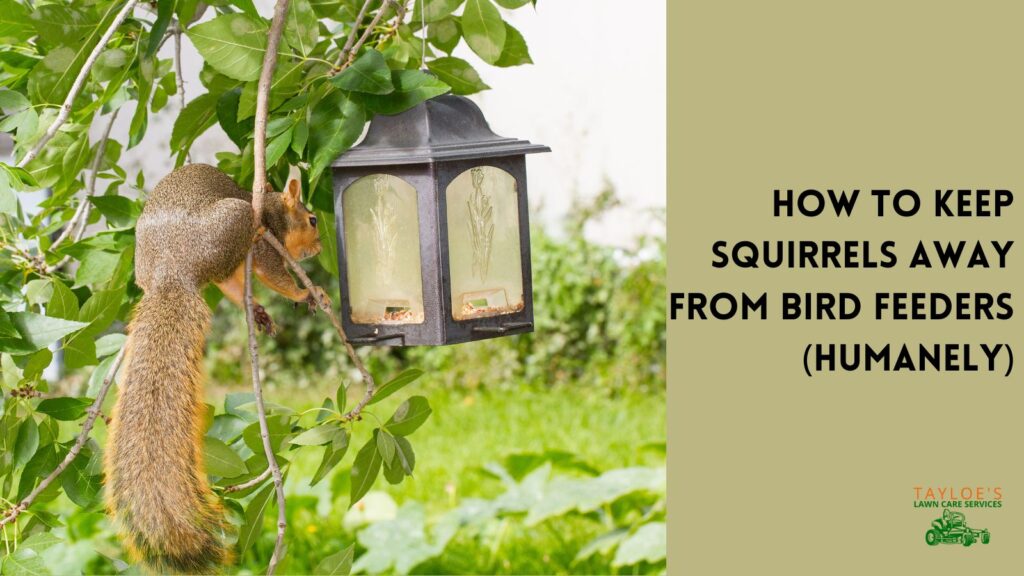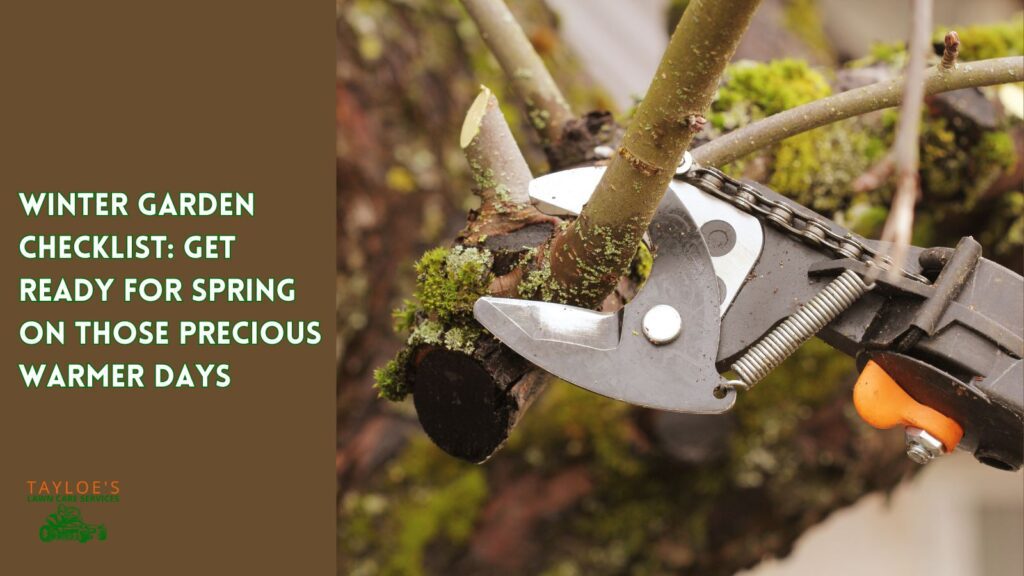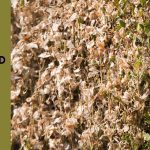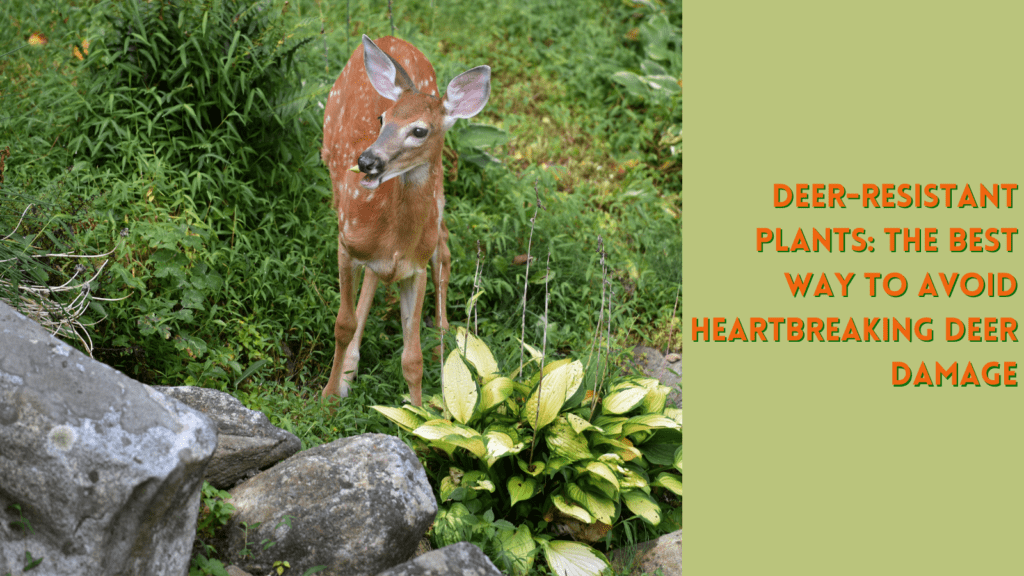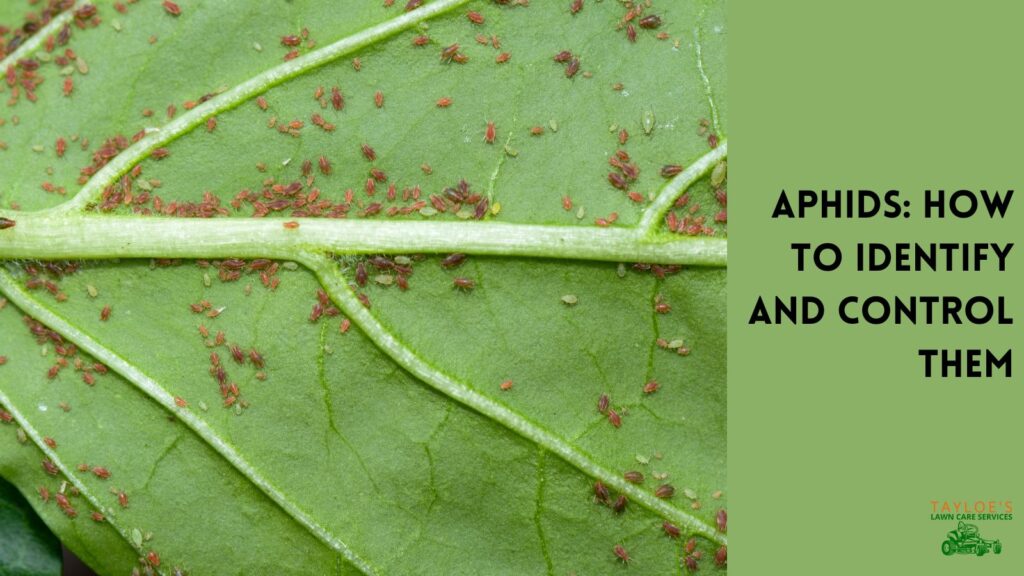Last Updated on: 21st January 2026, 09:33 am
Here’s what to feed your wintertime squirrels.
As winter’s chill sets in, it’s not just us humans who need extra warmth and sustenance. Our furry friends, the squirrels, also require a helping hand to get through the cold months. While squirrels are resourceful in finding food, providing a winter buffet in your yard can be a rewarding experience. But some people love the experience of feeding their backyard squirrels in winter.
In eastern North Carolina, where winters are relatively mild compared to colder regions, squirrels typically remain active throughout winter. While they may be less active on frigid days, they do not hibernate. Squirrels are well adapted to cope with the winter by storing food and relying on their fur and nests for insulation. They will come out to forage for their cached food, and you might even catch them searching for food even on cold winter days.
That said, you can feed them if you want to invite them to your yard. Many enjoy watching their comical behaviors. This article will show you what to feed them to help them stay healthy.
What to Feed Squirrels in Winter
Look for these squirrel-friendly treats near the birdfeeding section at the store.
Nuts:
Squirrels are famous for their love of nuts, and winter is the perfect time to offer them a variety of nuts like walnuts, almonds, and hazelnuts. These nutrient-packed treats provide essential fats and proteins to keep squirrels energized and warm. Scatter a few nuts around your yard or place them in a squirrel feeder to make their life easier.
Seeds:
Offering a mix of seeds, such as sunflower seeds, pumpkin seeds, and safflower seeds, can be a great way to supplement a squirrel’s winter diet. These seeds are high in energy and help squirrels maintain their body heat. You can place seed dishes or feeders in different areas of your garden to encourage squirrel visits.
Fruits:
While fresh fruits may be scarce in the winter, you can provide dried fruits like raisins, cranberries, and apple slices to add variety to a squirrel’s diet. These treats are not only delicious but also offer vitamins and antioxidants.
Corn:
Corn on the cob, whole or broken into pieces, is a favorite winter snack for squirrels. It’s easy to find and provides carbohydrates to keep them fueled throughout the day. Secure corn cobs to a tree branch or feeder for their convenience.
Squirrel-Specific Food:
Consider investing in specially formulated squirrel food blends at pet stores or garden centers. These mixes, which contain nuts, seeds, and grains, are designed to provide squirrels with a balanced diet.
Water:
Don’t forget to provide fresh water for squirrels, even in winter. Dehydration can be a concern during the cold months, so having a shallow dish of clean water available can be a lifesaver.
These foods have the basic nutrition to make life more comfortable for your neighborhood squirrels in winter.
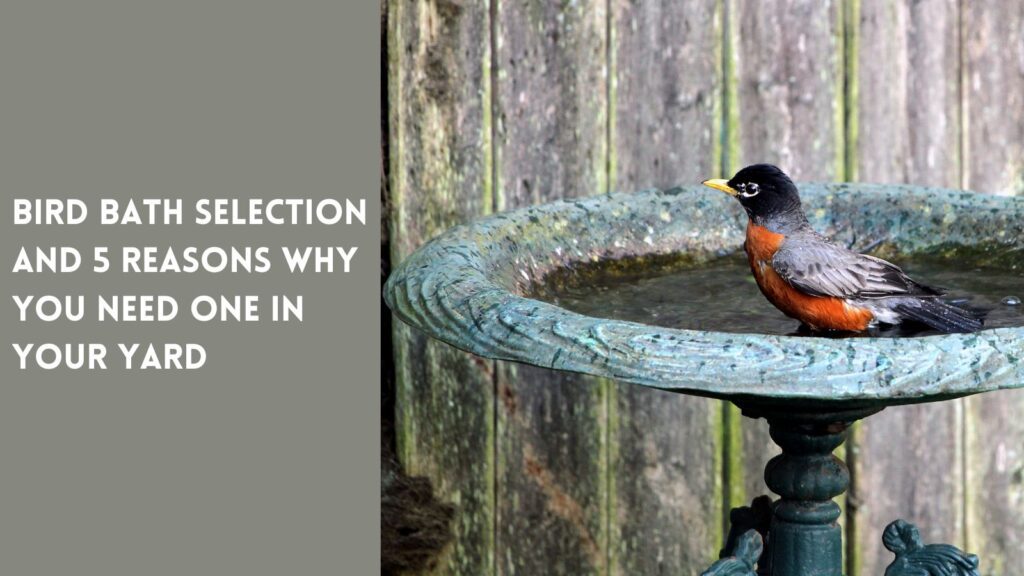
Other Ways to Keep Squirrels Safe and Healthy in the Winter
Here are some additional care tips for squirrels in USDA zones 7A and 8B in Northeastern North Carolina:
Provide Shelter:
Squirrels need shelter from cold and wet weather. Consider placing squirrel nesting boxes or providing natural nesting sites, such as tree hollows, which offer protection from harsh winter conditions.
Maintain Cleanliness:
Keep your squirrel feeders and water dishes clean and filled. This cleansing will help prevent the spread of diseases and ensure the food stays safe for consumption.
Avoid Chemicals Around the Squirrel Food:
Be mindful of using chemicals, pesticides, or herbicides in your garden. These substances can harm squirrels if ingested or come into contact with contaminated plants or water sources.
Keep an Eye Out for Predators:
Squirrels are vulnerable to predators like hawks, owls, and domestic pets. If you have outdoor cats or dogs, consider keeping them indoors or supervising their time outside to protect squirrels from harm.
Maintain a Safe Distance:
While watching and interacting with squirrels is tempting, enjoying them from a distance is best. Close human interaction can stress squirrels, so letting them do their business without disturbance is essential.
Be Mindful of Overpopulation:
While feeding animals is a kind gesture, be aware that it can lead to squirrel overpopulation in your area. An excessive squirrel population can have negative ecological impacts, so monitor the situation and adjust your feeding habits as needed.
Learn Local Regulations:
Check local wildlife regulations and guidelines regarding feeding and interacting with wildlife. Some areas may have specific rules about squirrel feeding or wildlife care. (There are no such silly rules in my community, but I can’t speak for other areas!)
Following these tips will help make life a little easier for your backyard friends, especially in January and February, here in North Carolina.
Related Reading:
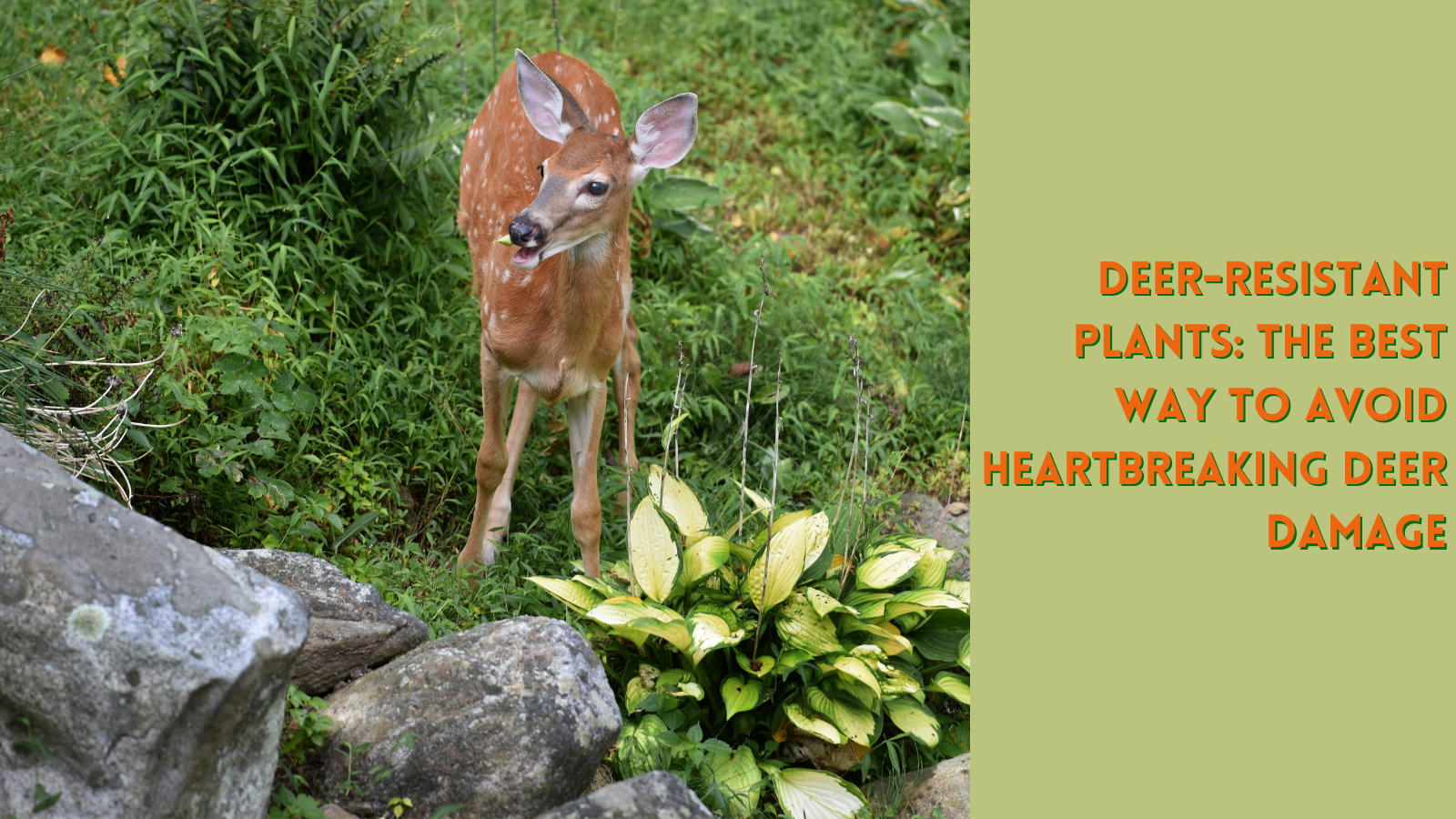
The Takeaway: Feeding Squirrels Isn’t Necessary, But Many Find it Enjoyable
Feeding squirrels in the winter can be rewarding to connect with nature and support these charming creatures. By offering a variety of nuts, seeds, fruits, and water, you can contribute to their well-being during the colder months. Remember to balance assistance and their natural foraging habits, ensuring you and your squirrel neighbors have a cozy and enjoyable winter season.
Author Profile

- Deborah Tayloe is the CEO and co-founder of Tayloe's Lawn Care Services, LLC. She has a B.S.Ed and holds certificates in soil and water management and herbology from accredited programs.
Latest entries
 Lawn CareDecember 29, 2025Commercial winter lawn care is a must
Lawn CareDecember 29, 2025Commercial winter lawn care is a must GardeningSeptember 27, 2025What perennials, shrubs, and trees don’t like fall pruning (and why)?
GardeningSeptember 27, 2025What perennials, shrubs, and trees don’t like fall pruning (and why)? Trees and ShrubsSeptember 14, 2025Fall Shrub Pruning Guide (September–October)
Trees and ShrubsSeptember 14, 2025Fall Shrub Pruning Guide (September–October) Trees and ShrubsApril 22, 2025Boxwood Blight: Early identification and isolation
Trees and ShrubsApril 22, 2025Boxwood Blight: Early identification and isolation

